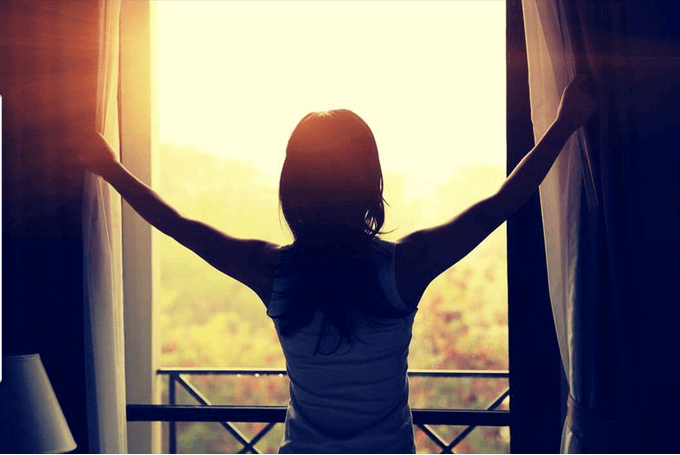Consciousness Involves Pain and a Liberating Awakening

Consciousness is the movement of thought where will, desire, emotions and feelings are generated. Gaining consciousness involves pain because we must look at ourselves face to face. We can no longer hide from things that we do not want to see, that we reject.
The problems we experience are not separated from us. We are in fact the problem itself. Problems exist when one does not know him or herself. They arise from our lack of understanding of our conscious and unconscious mind.
“Self-knowledge is not based on any formula. One can go to a psychologist or a psychoanalyst to know themselves, but that is not self-knowledge; self-knowledge arises when we realize ourselves in the relationship, which shows what we are at all times.”
-Krishnamurti-
The awakening of consciousness
Awakening our consciousness is to start a process in which we are going to feel uncomfortable. We have to get away from all our preconceived ideas and beliefs, and relearn so that we may expand our minds, our perspectives and our beliefs.
Our ego, formed by pride and all our childish behavior in our adult age, represents a prison we find very hard to leave. We believe that we are free and think that we decide what we want to do at all times. However, we are slaves to our lack of awareness and clarity.
Awareness and clarity initially involve pain since we remove all we’ve avoided seeing. We see the pain that we have caused ourselves and others, and our lack of responsibility to address everything that has been a consequence of our attitude and our thoughts.
“You cannot awaken consciousness without pain. People are able to do anything, however absurd it may be, to avoid facing their own soul. No one is enlightened by imagining figures of light, but by making themselves conscious of the darkness. “
-Carl Gustav Jung-

Taking responsibility for who we are
There is no doubt that it is much easier to remain ignorant of who we are. We can blame others and circumstances for everything that happens in our lives. We don’t have to question our attitudes or our thoughts as to how we live.
When we are really willing to take responsibility for our lives is when the process of awareness begins. It means confronting our fears, difficulties, emotions, our limits, how we relate to ourselves, prejudices, beliefs and behavior patterns.
This process is not theoretical, but something experiential. We can finally settle into our present when we accept and integrate our behaviors and leave behind our childish attitudes which makes us inconsistent and irresponsible towards the circumstances we face.
“Being responsible involves being present, being here. And being truly present, it is to be aware. In turn, being aware is a condition incompatible with the illusion of irresponsibility by which we avoid live our lives. “
-Claudio Naranjo-

Being aware makes us free
This awakening of consciousness leads to pain, especially early in the process, because we approach all aspects of ourselves, including our lights and our shadows. We look at all the parts of ourselves so we can learn to allow ourselves to be who we really are, and understand ourselves better.
They are situations and stages in which we are unable to move forward and resolve our conflicts. The difficult times we face in our lives are those that lead us to start the process of deepening awareness.
By becoming aware of ourselves we are liberated from our repressions; of guilt that haunts us, and toxic conflicts in our relationship with others and ourselves. Learning to distinguish what depends on us and what is our responsibility. Committing ourselves to our care and well-being.
“Freedom is the will to be responsible for ourselves.”
-Friedrich Nietzsche-
Are You Really Living Consciously?
Your life is supposed to be lived. She tries to seize every moment and not wait for the bad things to come to her… See more »
This text is provided for informational purposes only and does not replace consultation with a professional. If in doubt, consult your specialist.








